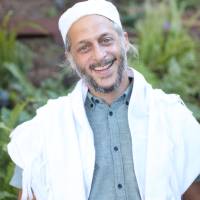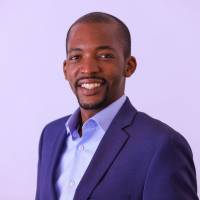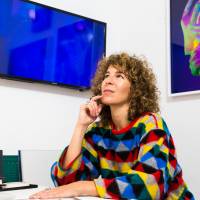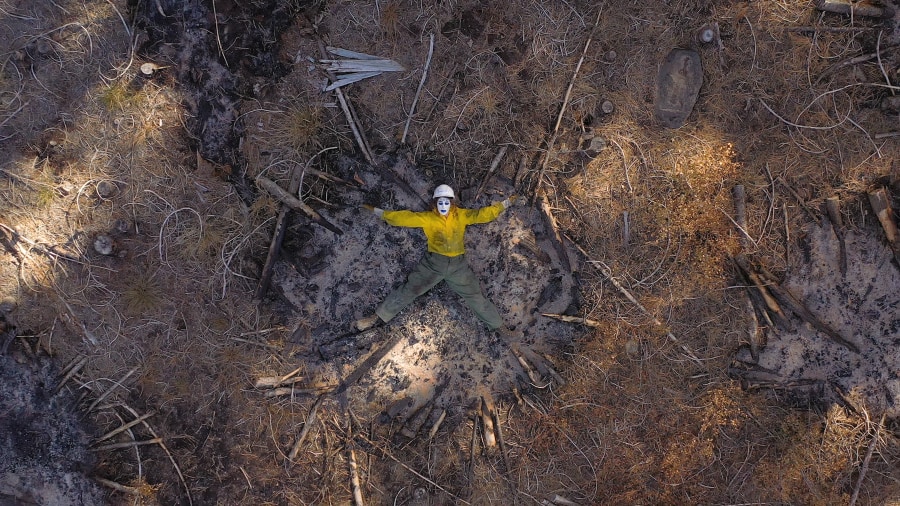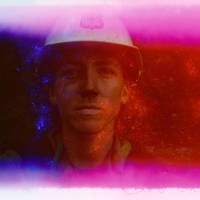
Jackie Barry is an artist, wildland firefighter, and Master of Natural Resources candidate at Oregon State University with an emphasis on Forests and Climate Change. Her focus in both her art and forestry practice is to bring knowledge and clarity to empower communities looking to learn more about fire ecology and forest management.
Jackie is currently exploring how art as a science communication tool can be a more approachable way to disseminate information to towns and people affected by climate collapse.
